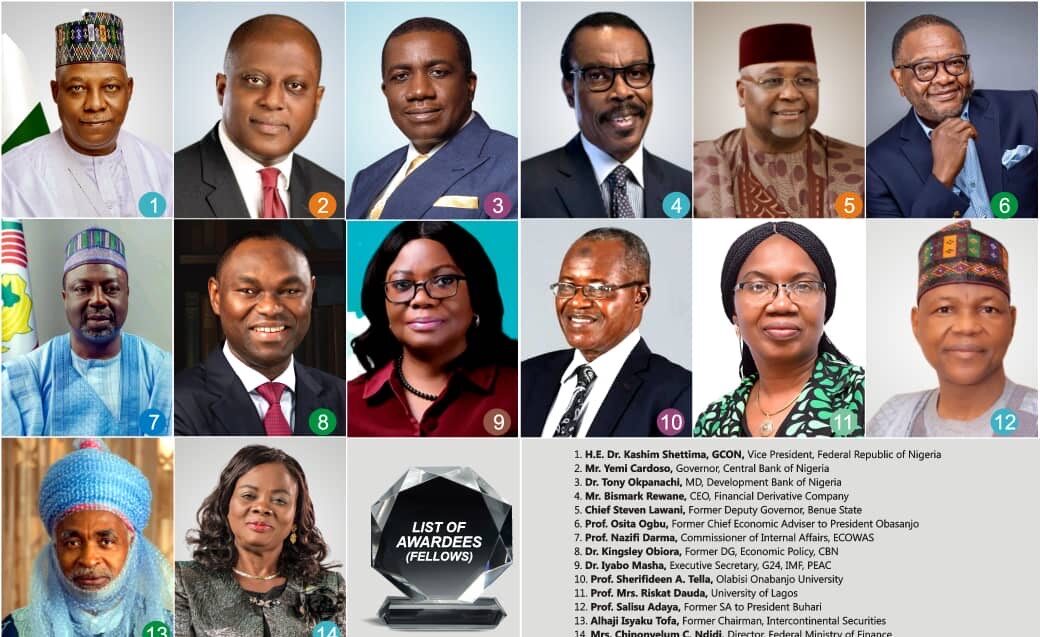•Boost for clean energy as NCC, REA inaugurate joint c’ttee
Emmanuel Addehin Abuja and Emma Okonjiin Lagos
The Renewable Energy Service Providers of Nigeria (RESPON) yesterday kicked against a recent warning by the federal government against the installation of rooftop solar panels in the country.
The position of RESPON was contained in a press statement signed by its President, OsazeIze-Iyamu, who noted issuing a blanket warning against rooftop solar installations without proper clarification may unintentionally discourage the adoption of clean energy.
But he acknowledged that as a coalition of licensed and experienced renewable energy professionals, it fully acknowledged the government’s concerns regarding safety, quality assurance, and the need to protect Nigerian households from substandard solar products and unqualified installers.
“However, we believe that issuing a blanket warning against rooftop solar installations without proper clarification may unintentionally discourage the adoption of clean, decentralised energy solutions at a time when Nigeria faces critical power supply challenges.
“Rooftop solar is globally recognised as a vital and scalable solution for households, SMEs, and institutions seeking reliable and sustainable power. We support efforts by government agencies such as NEMSA and SON to ensure installations meet safety and quality standards. However, the focus should be on strengthening enforcement, not discouraging legitimate and professionally executed rooftop systems,” the group added.
RESPON encouraged the federal government to collaborate with industry associations in promoting certified training programmes and developing a national registry of approved installers to safeguard consumers and professionalise the sector.
Besides, it urged regulators to intensify crackdowns on counterfeit solar products and unscrupulous actors while enabling market access for reputable local providers committed to global best practices.
Rather than general warnings, RESPON recommended targeted public sensitisation to educate citizens on how to identify certified professionals and quality components for solar installation.
RESPON stated that it remains committed to working with all relevant ministries, agencies, and stakeholders to build a safer, well-regulated, and vibrant solar ecosystem, stressing that it is open to a roundtable dialogue with the government to co-create solutions that support Nigeria’s renewable energy targets under the Energy Transition Plan (ETP).
Rooftop solar, when done right, it said, is not a risk, but a lifeline for millions of Nigerians, noting that it is the reason that like-minded renewable energy business operators came together in Abuja Nigeria and set up an organisation.
Ize-Iyamu stated that the organisation was set up to encourage and provide support to renewable energy professionals to meet on a regular basis through workshops, symposia and lectures.
Meanwhile, the Nigerian Communications Commission (NCC) has formally inaugurated the NCC-REA Collaboration Committee, marking a step towards advancing Nigeria’s digital and energy inclusion objectives by developing modalities for the deployment of renewable energy to support telecom infrastructure in Nigeria.
The inauguration, held at the NCC Headquarters in Abuja recently, was presided over by the Executive Vice Chairman and Chief Executive Officer of the NCC, Dr. Aminu Maida, who was joined by the Managing Director of the Rural Electrification Agency (REA), Abba Aliyu, along with senior executives and committee members from both organisations.
In his address, Maida described the collaboration between NCC and REA as a timely and strategic alignment of national priorities, aimed at bridging the connectivity and power gaps that continue to limit development in Nigeria’s rural and underserved areas.
He noted that while telecommunications infrastructure would require reliable and sustainable energy to function optimally, renewable energy solutions would also benefit from the demand generated by expanding digital services and connected communities.
According to Maida, “Whether it is powering a base station or enabling a child to access digital learning, this partnership has the potential to transform realities and bring opportunity closer to the people.
“This initiative is about more than infrastructure – it is about driving inclusion, bridging inequalities and creating the conditions for shared prosperity,” he remarked.
Through this collaboration, we are supporting His Excellency, President Bola Ahmed Tinubu’s Renewed Hope Agenda by ensuring that no community is left behind in Nigeria’s digital and energy transformation.”
He charged the committee members to approach their assignment with clarity, innovation, and a shared determination to deliver tangible results.
Speaking on behalf of REA, Aliyu expressed optimism about the transformative potential of the collaboration, reaffirming REA’s commitment to working closely with NCC to unlock sustainable development opportunities for millions of Nigerians living beyond the reach of traditional infrastructure.
The NCC–REA Collaboration Committee has been established to co-develop and implement integrated solutions that leverage renewable energy infrastructure to power telecom sites, share geospatial data for improved planning, align funding frameworks, and track socio-economic impact through clear performance indicators.
The Committee is expected to serve as a model for inter-agency cooperation, demonstrating how collaborative governance can accelerate progress in line with the nation’s National Broadband Plan and overall sustainable development agenda.




